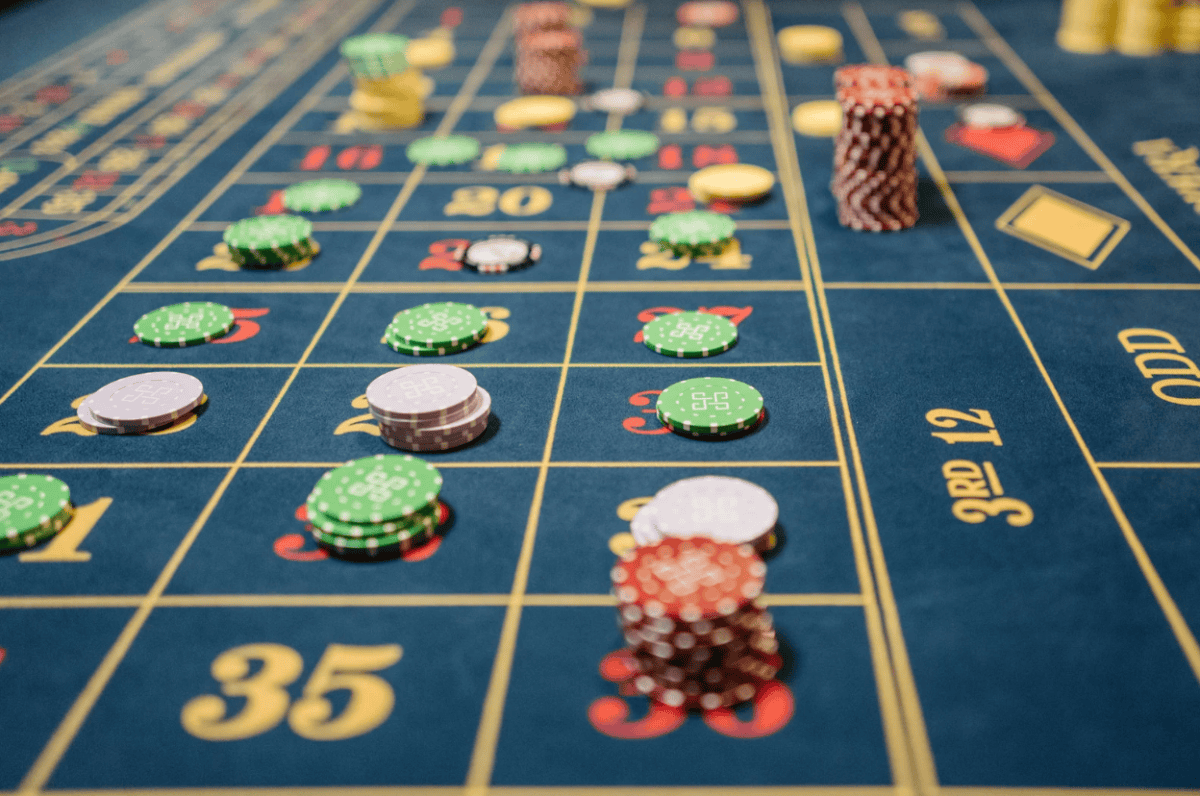There’s a unique kind of tension that comes with placing a bet in an online game. The chips, the animations, the pace—it’s equal parts thrilling and nerve-racking. That rush isn’t random; it’s deeply rooted in how our brains respond to risk and reward.
Take baccarat, for instance. It may appear simple on the surface, but beneath the cards and chips lies a complex interplay of psychology and behavior. What drives us to keep clicking? Why does a near-win feel so compelling?
From dopamine hits to cognitive distortions, understanding how our minds react while playing can reveal a lot—not just about the game, but about ourselves.
In this piece, we’ll explore those psychological undercurrents, break down the mental shortcuts we rely on, and look at how platform design taps into our behavioral patterns. If you’ve ever felt like the game was reading your mind, this might explain why.

Baccarat 101 (Online Edition)
Let’s start with the basics. Baccarat, in its essence, is quite simple. You bet on either the “player,” the “banker,” or a tie. Cards are dealt, points are tallied, and the hand closest to nine wins. Straightforward, right?
Now, transport that game into the online realm. Accessibility becomes instant, available 24/7 on your phone or laptop. The speed, the real-time data, and the allure of virtual chips all significantly amplify the psychological impact.
Online baccarat platforms often incorporate immersive elements to enhance the user experience. It’s not just a game; it’s a carefully constructed experience designed to capture and maintain your attention.
The Thrill of Risk: The Brain on Baccarat
Risk is a powerful motivator. When we gamble, particularly online, the reward pathways in our brains activate. Dopamine floods our system, creating feelings of excitement and pleasure. This neurochemical response can be highly addictive, particularly for those with a predisposition to sensation-seeking.
However, it’s the intermittent nature of the rewards that truly hooks us. Winning isn’t guaranteed, and it’s this unpredictability that fuels the desire to chase that next high. This unpredictability activates a part of operant conditioning that makes the behavior resistant to “extinction,” or completely disappearing.
Online gambling can also create an illusion of control. Even if unfounded, this perceived sense of power can keep you playing longer.
Cognitive Biases: Mind Games in Action
This is where things get particularly intriguing. Cognitive biases are mental shortcuts our brains use to make decisions more quickly. While often helpful, they can lead to flawed thinking when gambling. Recognizing these biases is crucial for making informed decisions.
- Gambler’s Fallacy: The belief that past events influence future independent events. For example, thinking that after the banker has won five times in a row, the player is due to win. However, each hand is independent.
- Illusion of Control: The tendency to overestimate one’s ability to control events. Believing that employing a specific strategy, or squeezing your phone harder, will influence the outcome of the game is irrational.
- Confirmation Bias: The tendency to seek out information that confirms existing beliefs and ignore contradictory evidence. For instance, selectively remembering wins on the “player” side while overlooking losses.
- Loss Aversion: The tendency to feel the pain of a loss more strongly than the pleasure of an equivalent gain. This can lead to chasing losses in an attempt to break even.
- Hot-Hand Fallacy: The belief that a streak of success will continue indefinitely. Eventually, every winning streak comes to an end.
- Near-Miss Effect: The feeling of almost winning, which can be as rewarding as an actual win. This “almost had it” sensation encourages continued play.
Emotions Run Wild: Bet Accordingly
The emotional rollercoaster of gambling can significantly impair judgment. Wins trigger euphoria, making you feel smart and invincible. This can reinforce further betting.
On the other hand, losses can lead to “tilting,” where anger and frustration fuel poor decisions. Time distortion is another factor. The digital environment makes it easy to lose track of time and money spent.
The Platform Playbook: Psychological Tricks in Design
Online platforms are often designed to subtly influence your psychology. Key strategies include:
- Gamification: Leaderboards, streak trackers, and loyalty bonuses foster a sense of accomplishment and competition.
- Colors and Sounds: Bright colors, exciting sounds, and timers create a sense of urgency, prompting you to bet now.
- Chat and Live Dealers: Interacting with other players or a live dealer creates a more immersive and realistic experience.
- Reinforcement: Emails and push notifications entice you to return and play again.
- Variable-Ratio Rewards: Baccarat platforms use variable-ratio reward systems to keep you hooked and encourage overconfidence.
Responsible Gambling: Maintaining Control
Enjoying online baccarat responsibly is entirely possible. The key is to implement strategies for maintaining control:
- Set Limits: Decide how much time and money you’re willing to spend before you start playing.
- Self-Exclusion: Utilize self-exclusion tools offered by most platforms if needed.
- Bankroll Management: Create a budget and stick to it. Don’t bet more than you can afford to lose.
- Entertainment, Not Income: View gambling as entertainment, not as a source of income.
Deeper Motivations – Key Psychological Principles Explored
Let’s delve deeper into the psychological principles in play:
- Variable Ratio Reinforcement: This makes gambling behavior resistant to extinction by providing intermittent, unpredictable rewards. This unpredictability keeps players engaged, encouraging betting.
- Illusory Correlation and Control: Players believe they can predict or control events due to patterns or superstitions. It enhances their motivation to gamble. In Baccarat, you’ll see this when choosing certain bets based on past outcomes, despite the randomness.
- Motivation and Involvement: Research shows that motivations include social rewards, financial gain, or even as a way to escape current life. These motivations can see folks engage more heavily in baccarat.
- Risk Perception and Decision Making: Psychological biases, such as availability heuristics, influence risk assessment. For instance, gamblers might overestimate their odds of winning due to successes. And that leads to overbetting.
- Cognitive Biases and Behavioral Patterns: Cognitive biases in gambling lead to irrational decision-making. For instance, chasing losses is a behavior seen with problem gambling. In online Baccarat, increasing bets after losses will attempt to recoup them.
Risk and Reward: A Look
Players’ perceptions of risk and reward are often distorted by cognitive biases and motivations. The structure of Baccarat games, with their betting options, can strengthen betting behaviors by exploiting these biases. The ability to place bets quickly and see immediate results creates a feeling of control, potentially leading to reckless choices.

Conclusion: Thinking About It
Psychology plays a significant role in online baccarat behavior. Understanding risk and reward, and acknowledging cognitive biases, are important steps towards more responsible engagement. Knowing this information, how can we be more mindful players—or better game designers? That’s certainly something to consider.


